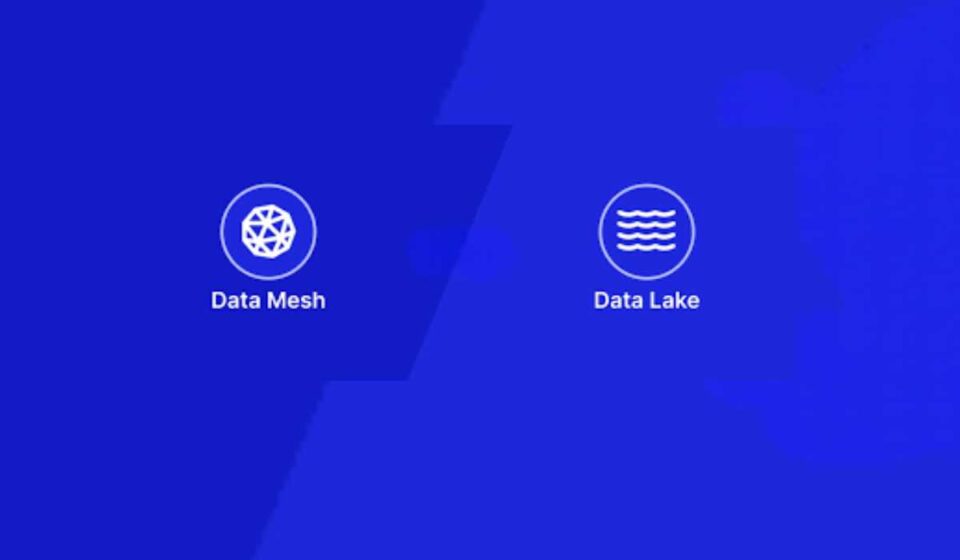In the ever-evolving landscape of big data, businesses are constantly looking for ways to enhance their data management capabilities. Traditionally, data lakes have been the go-to solution, allowing organizations to store massive amounts of raw data in a centralized repository. However, as the volume, velocity, and variety of data have increased, many businesses have found data lakes to be cumbersome and difficult to scale. This challenge has paved the way for a new concept: data mesh. Unlike data lakes, which rely on centralization, data mesh embraces a decentralized approach, breaking down data silos and distributing ownership across teams.
The fundamental difference between data lakes and data mesh lies in their architectural philosophy. Data lakes focus on centralizing all data into a single location, making it accessible but often difficult to manage as the scale grows. In contrast, data mesh advocates for a domain-oriented, decentralized structure where each team owns and manages its data as a product. This distributed approach allows for greater agility, scalability, and better alignment between business needs and data infrastructure. Data mesh also emphasizes self-service data infrastructure, enabling teams to manage their data independently without relying on a centralized IT department.
Several companies have successfully transitioned from data lakes to data mesh, highlighting the real-world benefits of this shift. For instance, companies like Netflix and Zalando have adopted data mesh architectures to enhance scalability and improve data governance. Netflix, for example, found that its previous data lake architecture struggled to keep up with the platform’s exponential data growth, leading to bottlenecks. By moving to a data mesh approach, Netflix decentralized its data management, allowing teams to build, maintain, and analyze data more efficiently, ultimately leading to better decision-making and faster innovation.
Data mesh has proven to be especially effective in improving decision-making and enhancing scalability. A decentralized data ownership model reduces the strain on central IT departments, allowing individual teams to make data-driven decisions in real-time. Companies transitioning to data mesh have reported increased productivity and a more cohesive understanding of their data assets. According to studies, businesses adopting data mesh have seen a 40% improvement in decision-making speed and up to a 30% reduction in infrastructure costs due to optimized data management processes.
As the future of data management continues to evolve, data mesh is poised to become the new standard for organizations looking to scale their data operations. Innovations in AI and machine learning are likely to further enhance data mesh capabilities, enabling businesses to derive even greater insights from their data. In the coming years, we can expect more companies to embrace this decentralized approach, driven by the need for greater flexibility, scalability, and business-centric data strategies. Data mesh is more than just a trend; it’s a fundamental shift that is redefining how businesses manage and leverage their data.


